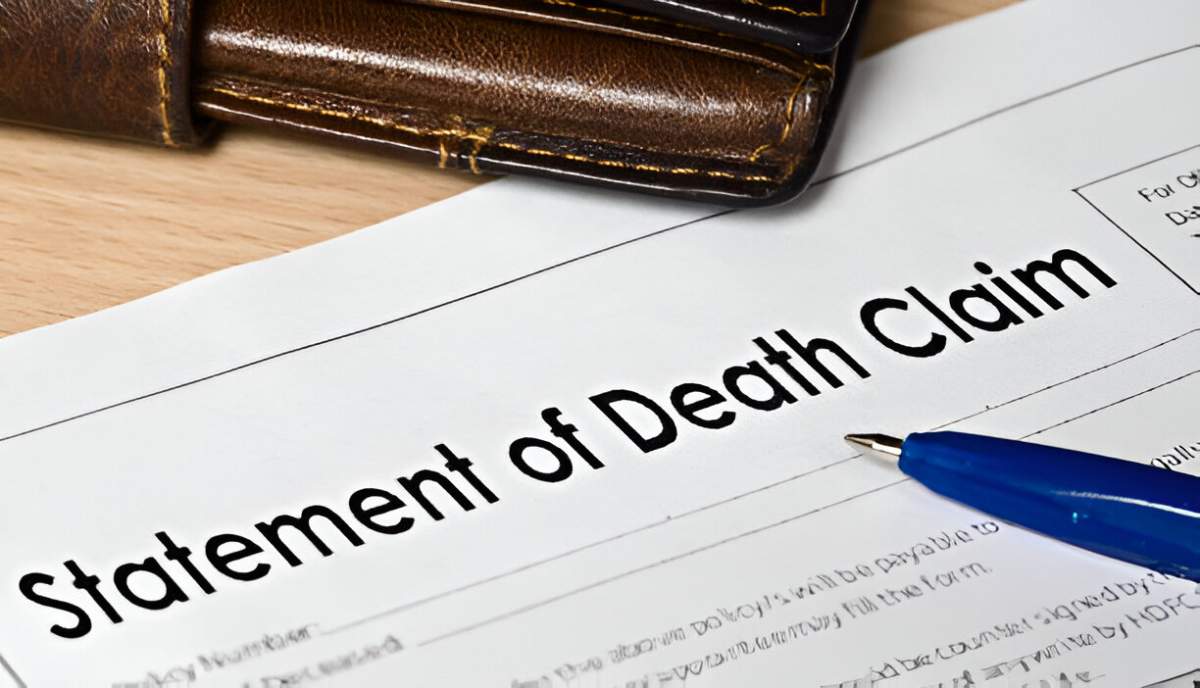When a life is tragically cut short by negligence, families often face intense grief along with serious financial challenges. In Ohio, families have the legal right to pursue compensation through a wrongful death claim. However, like all legal matters, these claims come with time-sensitive rules. Missing the deadline could mean permanently losing your right to seek justice. That’s why it’s critical to understand the wrongful death claim filing deadline in Ohio and how it applies to your situation.
Understanding Wrongful Death Claims in Ohio
A wrongful death case is a civil action brought by the estate or relatives of someone who died as a result of negligent or intentional misconduct—common examples include car accidents and defective product injuries.
In Ohio, the personal representative of the deceased person’s estate is the one legally allowed to file the claim. While the compensation ultimately benefits surviving family members—such as a spouse, children, or parents—the estate is the party that officially brings the lawsuit forward.
What is the Wrongful Death Claim Filing Deadline in Ohio?
Under Ohio Revised Code § 2125.02(D), the wrongful death claim filing deadline is two years from the date of the individual’s death. This period is known as the statute of limitations, and it sets a strict limit on when a claim can be filed in court.
Failing to file the lawsuit within this two-year timeframe usually results in the case being dismissed, regardless of how strong the evidence is. The clock starts ticking on the date of death—not the date of the incident (unless they are the same)—which is important to note if the death occurred days or weeks after the initial injury.
Are There Any Exceptions to the Deadline?
While the two-year deadline is standard, some exceptions may apply. These situations are rare but can change how long you have to file a claim:
1. Discovery Rule (In Rare Cases)
If the cause of death was not immediately known or discoverable, the statute of limitations might begin when the cause is discovered—or should reasonably have been discovered. This exception is more commonly applied in cases involving medical malpractice, toxic exposure, or hidden product defects.
However, Ohio courts generally apply the two-year deadline strictly, so relying on this rule can be risky without strong legal justification.
2. Criminal Proceedings
In some cases, if the person responsible is also facing criminal charges for the death, the civil wrongful death lawsuit may be paused or timed in coordination with the criminal case. That said, the civil claim must still be filed before the deadline expires, so it’s crucial to keep that in mind even if a criminal trial is ongoing.
3. Minor Beneficiaries
If the next of kin is a minor (for example, the deceased’s child), it does not pause the deadline for filing the lawsuit. The two-year limit still applies to the estate. However, any settlement must account for the child’s best interest and may require court approval.
Why Acting Quickly Matters
Even if two years sounds like plenty of time, waiting too long to act can damage your case. Here’s why:
- Evidence fades: Physical evidence can be lost, and witnesses may forget details or become unavailable.
- Investigation takes time: Building a strong case requires collecting medical records, opinions, and other documentation. This process isn’t immediate.
- Insurance companies don’t wait: Insurers may push for quick settlements that benefit them—not you. Having legal representation early helps you avoid being pressured into unfair deals.
Starting early also allows your legal team to explore all avenues of compensation and build the strongest argument possible on your behalf.
What Does the Filing Process Involve?
Filing a wrongful death claim in Ohio typically involves several key steps:
- Appointing a personal representative – Usually named in the will or appointed by the court, this individual is responsible for filing the lawsuit.
- Gathering evidence – This includes medical records, police reports, witness statements, and financial documentation.
- Calculating damages – Compensation may include funeral costs, loss of income, loss of companionship, and emotional suffering.
- Filing the lawsuit – Once the claim is prepared, it must be submitted to the appropriate court before the wrongful death claim filing deadline expires.
- Negotiation or trial – Many cases settle before going to trial, but if an agreement isn’t reached, the case can be presented before a jury.
Having experienced legal counsel on your side throughout this process can help ensure that all deadlines are met and your rights are fully protected.
Damages That Can Be Recovered in a Wrongful Death Claim
The goal of a wrongful death lawsuit is to compensate surviving family members for the loss they’ve suffered. In Ohio, recoverable damages may include:
- Medical expenses related to the deceased’s final illness or injury
- Funeral and burial costs
- Loss of financial support
- Loss of services (such as childcare or household management)
- Loss of companionship, care, and guidance
- Mental anguish experienced by surviving family members
The amount of compensation depends on the specifics of the case, such as the deceased’s age, earning potential, and the relationship with the surviving family members.
How The Jones Firm Can Help
At The Jones Firm, we understand how painful and overwhelming the loss of a loved one can be—especially when it was preventable. We’re here to support Ohio families through every step of the legal process, from filing the claim to negotiating a fair settlement or representing you in court.
We handle wrongful death claims with care, compassion, and attention to detail. Our goal is to make sure you and your family receive the compensation you deserve without having to navigate the legal system alone.
Final Thoughts
Time is one of the most important factors when it comes to filing a wrongful death claim. Ohio law gives you two years from the date of death to take legal action. While this may seem like a generous window, waiting too long can compromise your case or lead to losing your legal rights altogether.
If you’re dealing with the loss of a loved one due to someone else’s negligence, don’t delay. Speak with a trusted attorney who can guide you through the process and ensure you meet the wrongful death claim filing deadline.
Reach out to The Jones Firm today for a compassionate and confidential consultation.











Leave a Comment